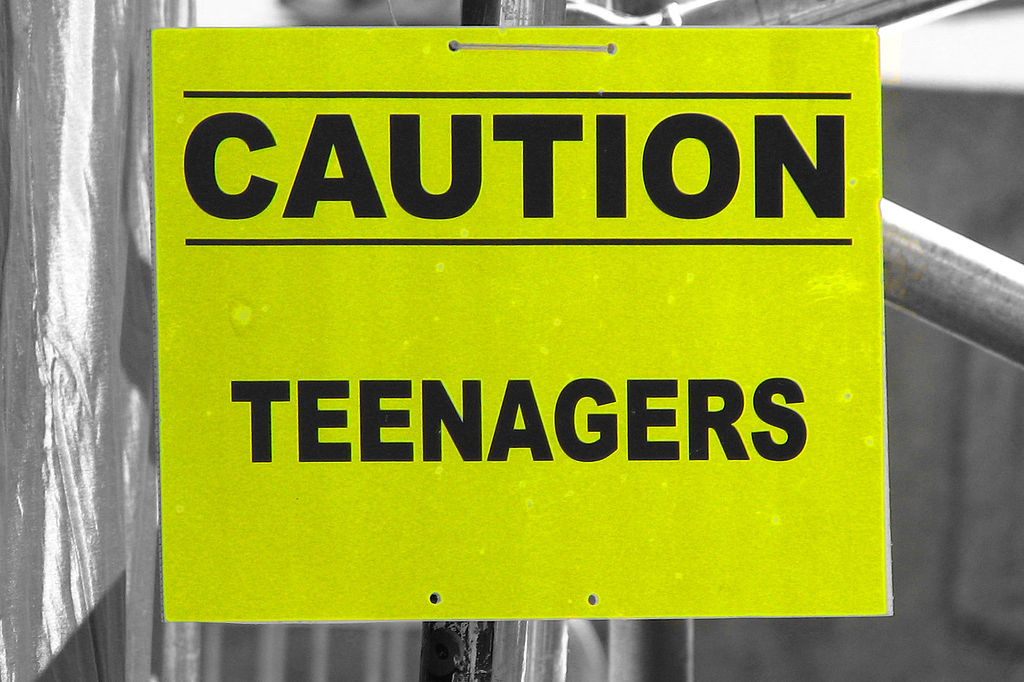
The words teenager and patience are rarely uttered in one sentence. Adolescents are well-known for being irritable, impulsive, and craving instant gratification. According to the researchers from Berlin-based Max Planck Institute for Human Development, it is not because of hormones or that teens like to "act up." It is simply because the structural connections inside their "amygdala" or emotional center of the brain, are still developing, limiting their ability to think ahead about the consequences of their actions.
The study that was published in the journal PNAS in May 2015 was led by researcher Wouter van den Bos. It involved 50 individuals between the ages of 8 and 25. Each volunteer was asked the same question - Would you rather have €20 now or €50 in a month? As expected, the impatient adolescents mostly opted for the instant cash.
Curious to see if there was a scientific reason for this predictable choice, the scientists used magnetic resonance imaging (MRI) to measure the activity and structural connectivity of the regions involved in the decision-making process. Sure enough, there was a difference in how the adult and teenage brains functioned.
Whenever we make a decision, two critical areas of the brain are involved. The dorsolateral prefrontal cortex that plans for the future, and the striatum that evaluates the rewards of the decision. In teenagers, the connection between the two is still developing. Therefore, the dorsolateral prefrontal cortex's influence on deciding which is the better option is somewhat limited. Hence, teens choose things that are instantly gratifying and get irritable when prevented from doing so.

According to Wouter van den Bos, "It’s not that adolescents don’t plan for the future at all. But when they make decisions, they focus much more on the here and now." The researcher says that "Adolescence is a training ground for the brain. (However), although it’s more difficult for adolescents to decide against short-term rewards, they are capable of doing so."
A 2012 study by Cornell University neuroscientist B.J. Casey came to a similar conclusion. The researcher said that teens are not reckless because they underestimate the risks, but because they find the rewards "more rewarding" than adults. Another study discovered that the "rewards" section of teen brains lights up even brighter when there is a peer watching, causing them to take unnecessary risks.
But like Wouter van den Bos, B.J. Casey also concluded that when teens take a moment to think, they are as capable of making rational decisions as adults. So the next time you are planning on doing something impulsive, take a step back and think - Is the reward worth the risk?
Resources: mbib.de, huffingtonpost.com, cnn.com